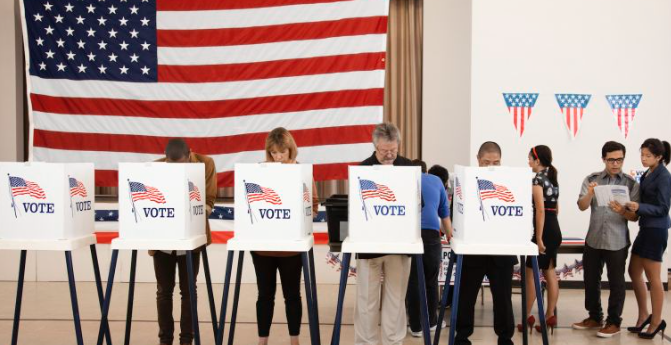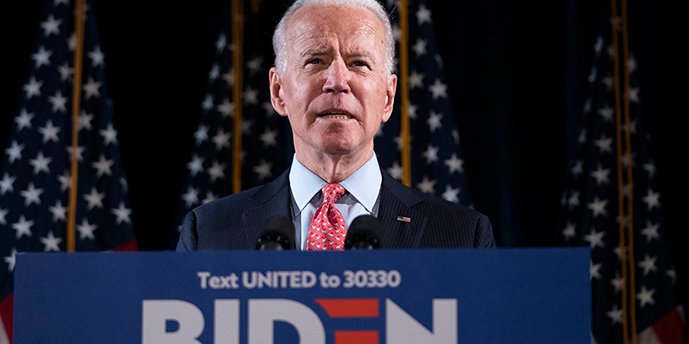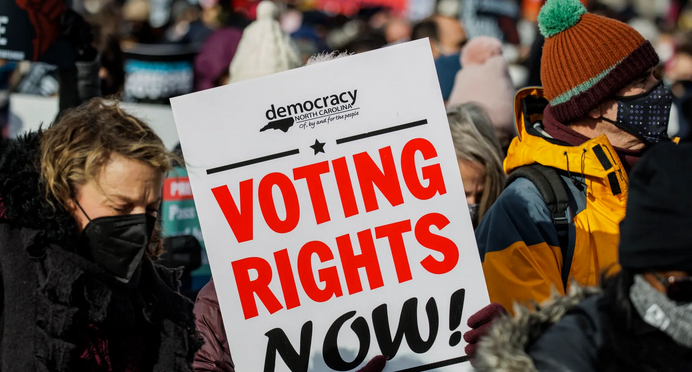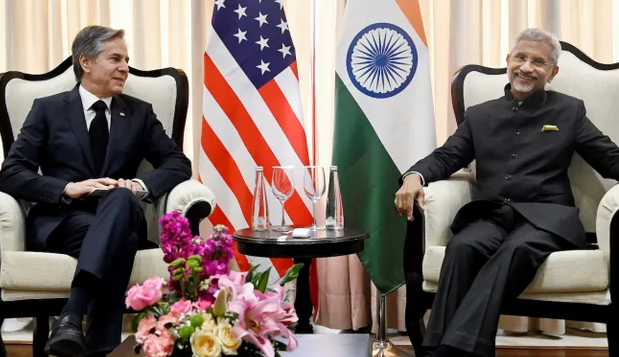In the intricate tapestry of U.S. politics, state and local elections weave threads that contribute significantly to the nation’s political landscape. Often overshadowed by the spotlight on federal elections, these grassroots democratic processes play a pivotal role in shaping policies, driving community development, and influencing national discourse.
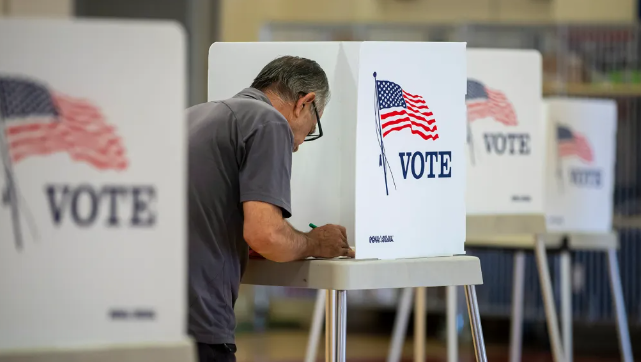
Historical Context
The evolution of state and local elections is a fascinating journey through American political history. From their humble beginnings, these elections have grown to wield substantial influence, not only at the local level but also resonating in the chambers of national power.
State Elections
Governorship Races
Governors hold executive power at the state level, impacting local issues and contributing to broader policy trends. The dynamics of gubernatorial races often reflect the priorities and concerns of the state’s residents.
State Legislatures
State legislatures craft laws and regulations that directly affect residents.
Local Elections
Mayoral Races
Mayors are pivotal figures in local governance, influencing community development, urban planning, and public policy. Mayoral races carry substantial weight in determining the direction of cities and towns.
City Councils
City councils play a legislative role at the municipal level, representing the interests and needs of local communities. They form a critical part of the democratic process in shaping policies that impact residents directly.
Voter Turnout
Factors influencing voter turnout in state and local elections are diverse, from the nature of the races to civic engagement and community participation. Understanding these factors is essential for fostering a vibrant democratic process.
Policy Implementation
State and local governments serve as laboratories for policy innovation. The implementation of policies at these levels often provides a demonstration effect, influencing national policy discussions and directions.
Grassroots Movements
Community-driven initiatives and grassroots movements find their roots in state and local activism. These movements not only address local issues but can also contribute to shaping broader national agendas.
Education and Healthcare
Local governance has a profound impact on education policies and healthcare strategies. The decisions made at the state and local levels resonate in classrooms and hospitals, shaping the daily lives of residents.
Economic Policies
States develop unique economic strategies, and local regulations directly impact businesses. Understanding these economic policies is crucial for comprehending the diverse economic landscape across the nation.
Infrastructure and Public Services
From statewide infrastructure projects to local public service delivery, the efficiency and effectiveness of state and local governments directly affect residents’ quality of life.
Environmental Policies
States and localities often lead the charge in environmental conservation efforts. Their initiatives can influence national policies, contributing to a broader commitment to sustainable practices.
Judicial System
Elections for state and local judiciaries are critical in shaping legal precedents. Understanding the dynamics of these elections provides insight into the administration of justice at various levels.
Media and Political Narratives
Local media plays a significant role in shaping political narratives. Understanding the interplay between local media and elections provides insights into the broader information ecosystem.
Challenges in State and Local Elections
Voter suppression concerns and funding disparities pose challenges to the integrity of state and local elections. Addressing these challenges is vital for upholding the democratic principles of fairness and representation.
Voter Awareness
Educating voters about the significance of state and local elections is crucial for fostering an informed electorate. Grassroots efforts in voter awareness can contribute to increased civic participation.
Technological Advances
Advancements in technology have reshaped political campaigns at all levels. Examining the impact of technology on state and local campaigns provides a glimpse into the future of democratic engagement.
Case Studies
Exploring successful state and local political strategies through case studies offers valuable lessons for both aspiring politicians and engaged citizens.
Conclusion
State and local elections, often overshadowed by their federal counterparts, are the lifeblood of American democracy. Recognizing their significance and actively participating in these grassroots processes is essential for fostering a robust and responsive political system. As we delve into the intricacies of state and local elections, we unveil the true essence of democracy — a government of the people, by the people, and for the people.

